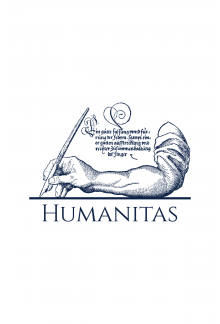- Titulinis
- Dalykinė ir mokslinė literatūra
- Fiziniai ir gamtos mokslai
- Biologija
- Modernizing Global Health Security to Prevent, Detect, and Respond

Modernizing Global Health Security to Prevent, Detect, and Respond
Balsavo 0
ISBN: 9780323909457
Leidimo metai: 2023
Leidėjas: Academic Press
Leidinio kalba: Anglų
Formatas: Minkšti viršeliai
Formatas: 9.21×7.5
Leidimo metai: 2023
Leidėjas: Academic Press
Leidinio kalba: Anglų
Formatas: Minkšti viršeliai
Formatas: 9.21×7.5
Kaina:
Šių parametrų produkto neturime
Likutis pakankamas
Iš leidyklos gausime per 3-5 savaitės. Galimas vėlavimas
Turime sandėlyje. Pristatymas Lietuvoje 1-4 d.d.
Iš leidyklos gausime per 3-5 savaitės. Galimas vėlavimas
Pristatymo sąlygos
Aprašymas
<p><i>Modernizing Global Health Security to Prevent, Detect, and Respond</i> explores—through thoughtful, thorough, and diverse scientific review and analyses—factors that have led to recent public health emergencies and offers a vision for a better protected global environment. The authors consider the history of global health security, governance, and legal structures with an eye toward novel approaches for the present and future. The book presents a vision for a more protected and safer global public health future (with the actions needed to achieve it) to prevent, detect, and respond to (re)emerging threats. Its aim is to chart a way forward with the understanding that future pandemics must and can be prevented. Major topics examined from a public health perspective include global health security; the growing concept of One Health; epidemic and pandemic prevention, detection, and response; reviews of past (e.g., Ebola, MERS-CoV, Zika, and COVID-19) public health emergencies of international concern; roles of information and communication technology; humanmade public health threats; and legal and ethical issues (e.g., viral sovereignty, trust, and transparency). Modernizing Global Health Security to Prevent, Detect, and Respond provides the academic substance and quality for researchers and practitioners to deeply understand the why of health emergencies, and most importantly—what we can and should do now to prepare.</p>
Atsiliepimai (0)
Palikite atsiliepimą
